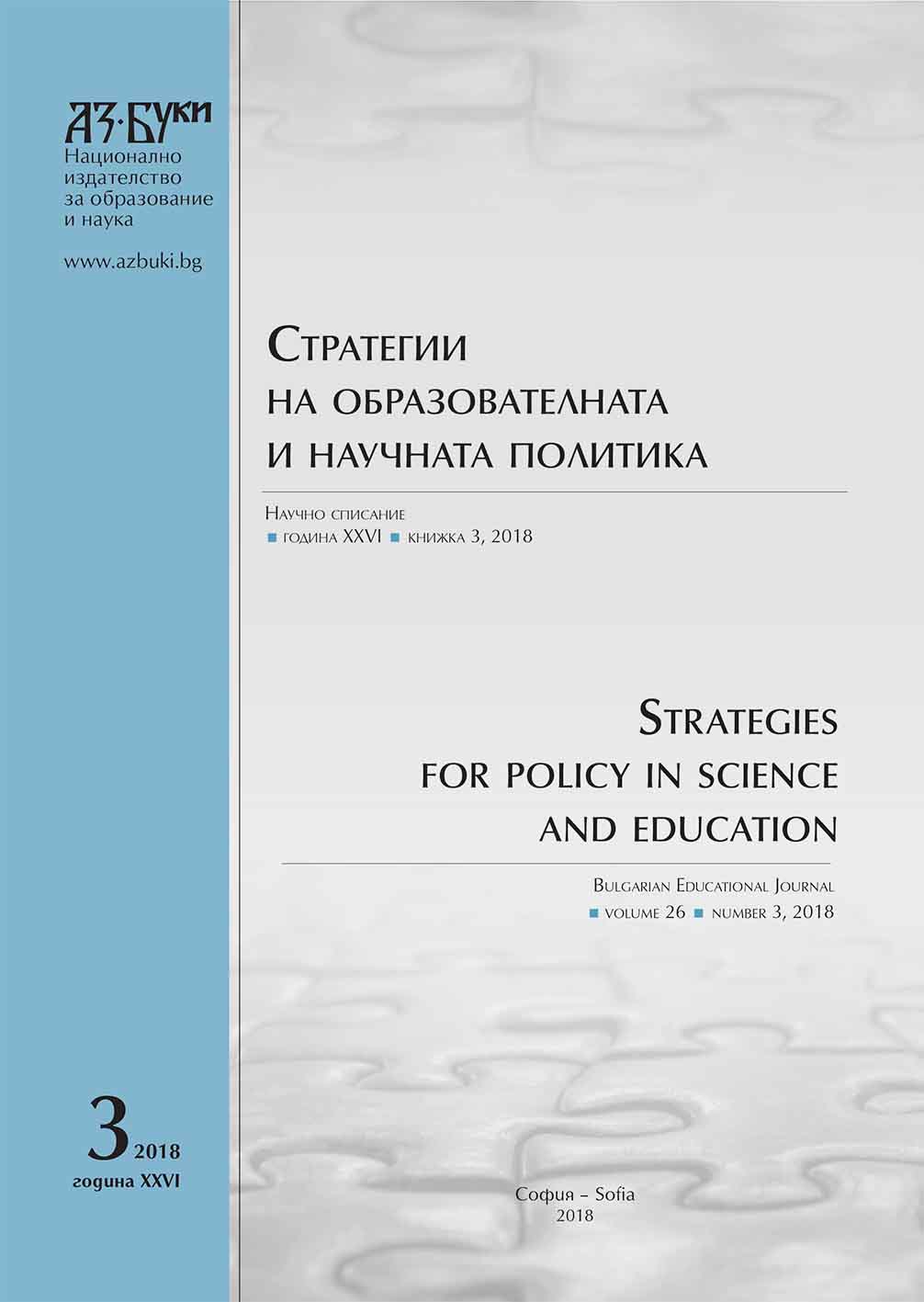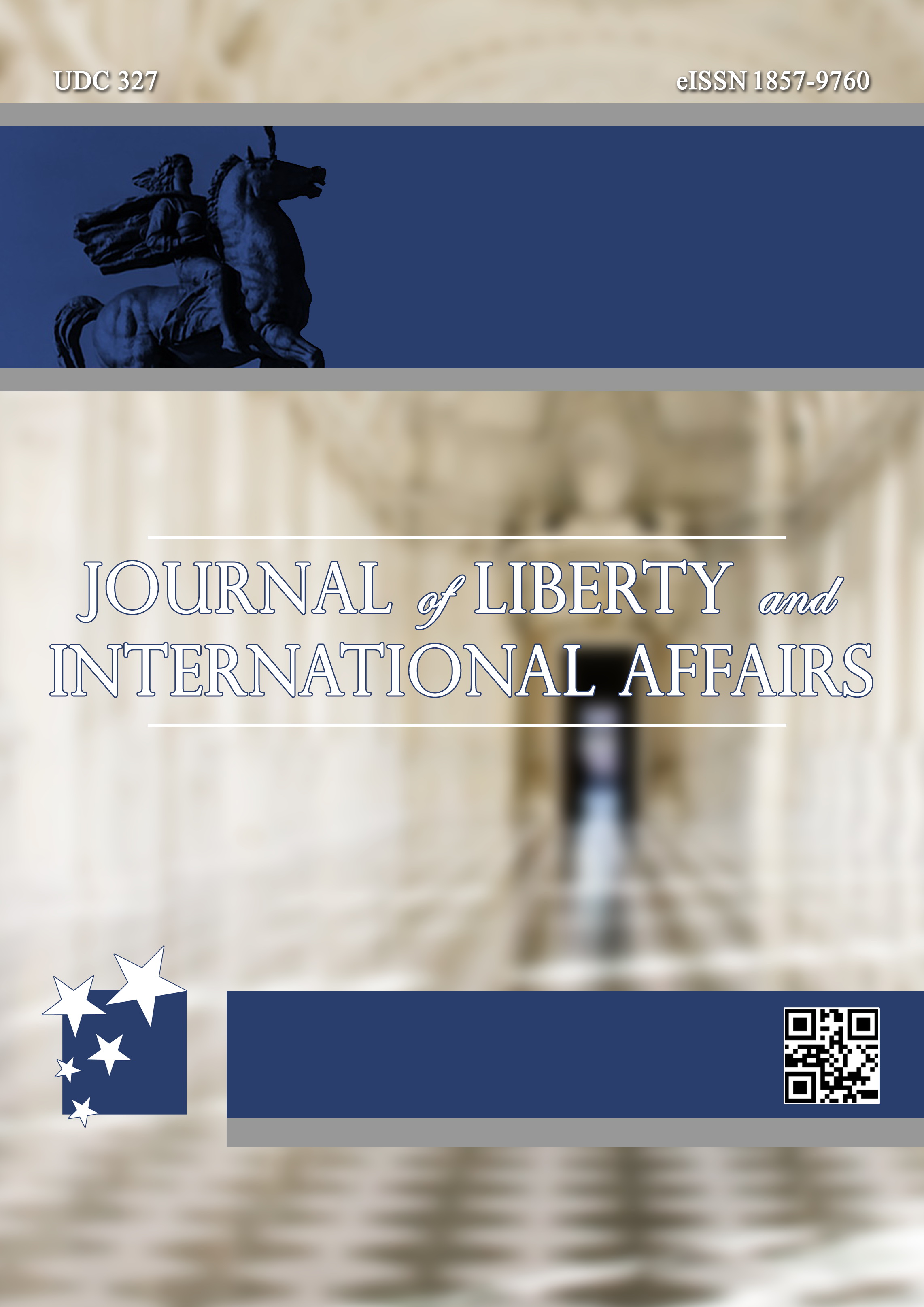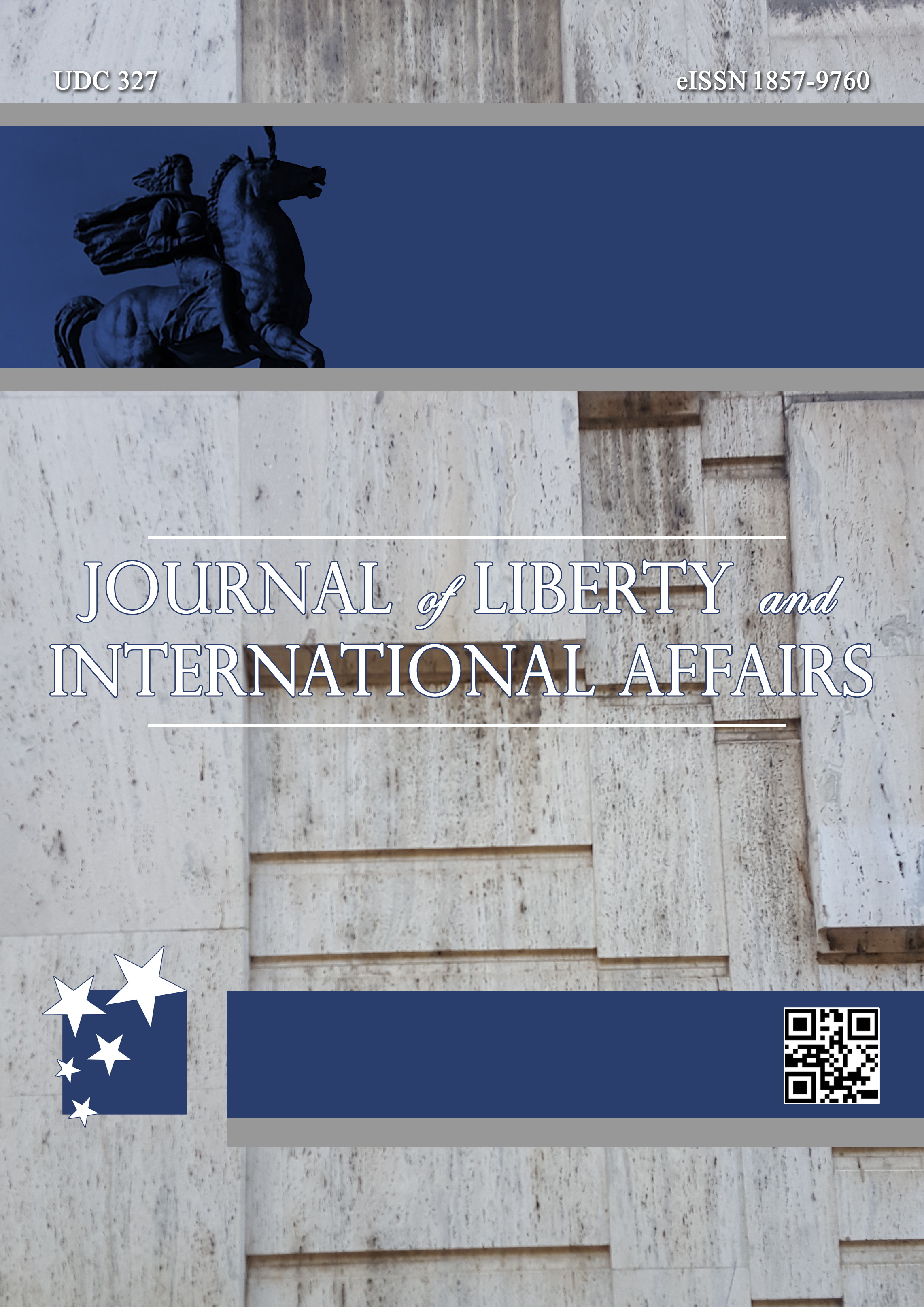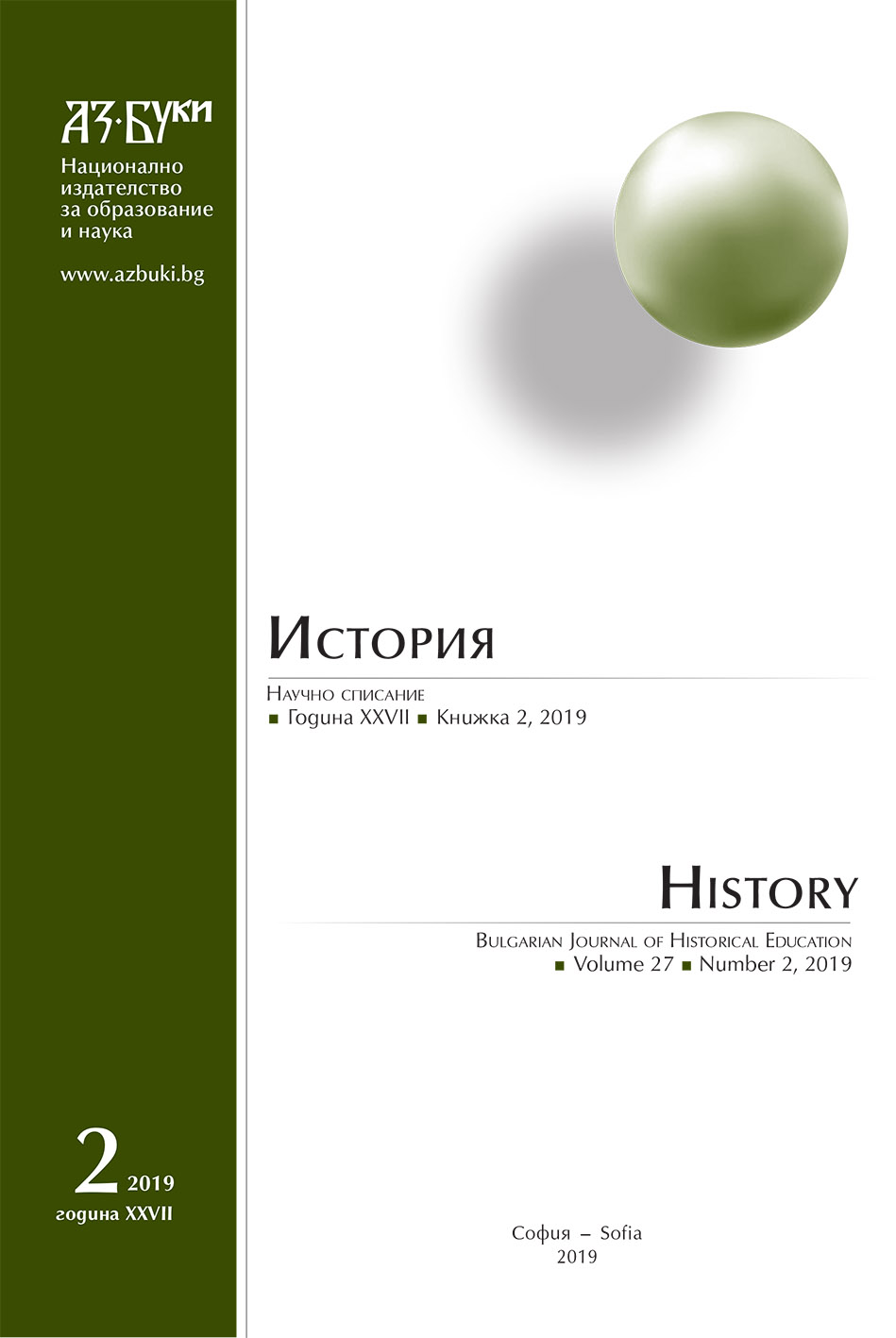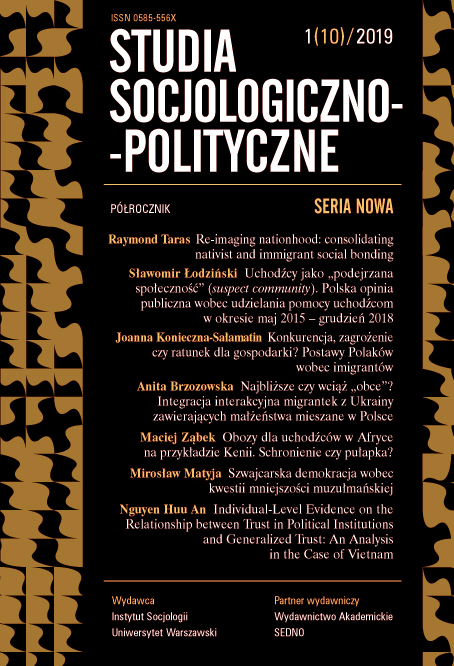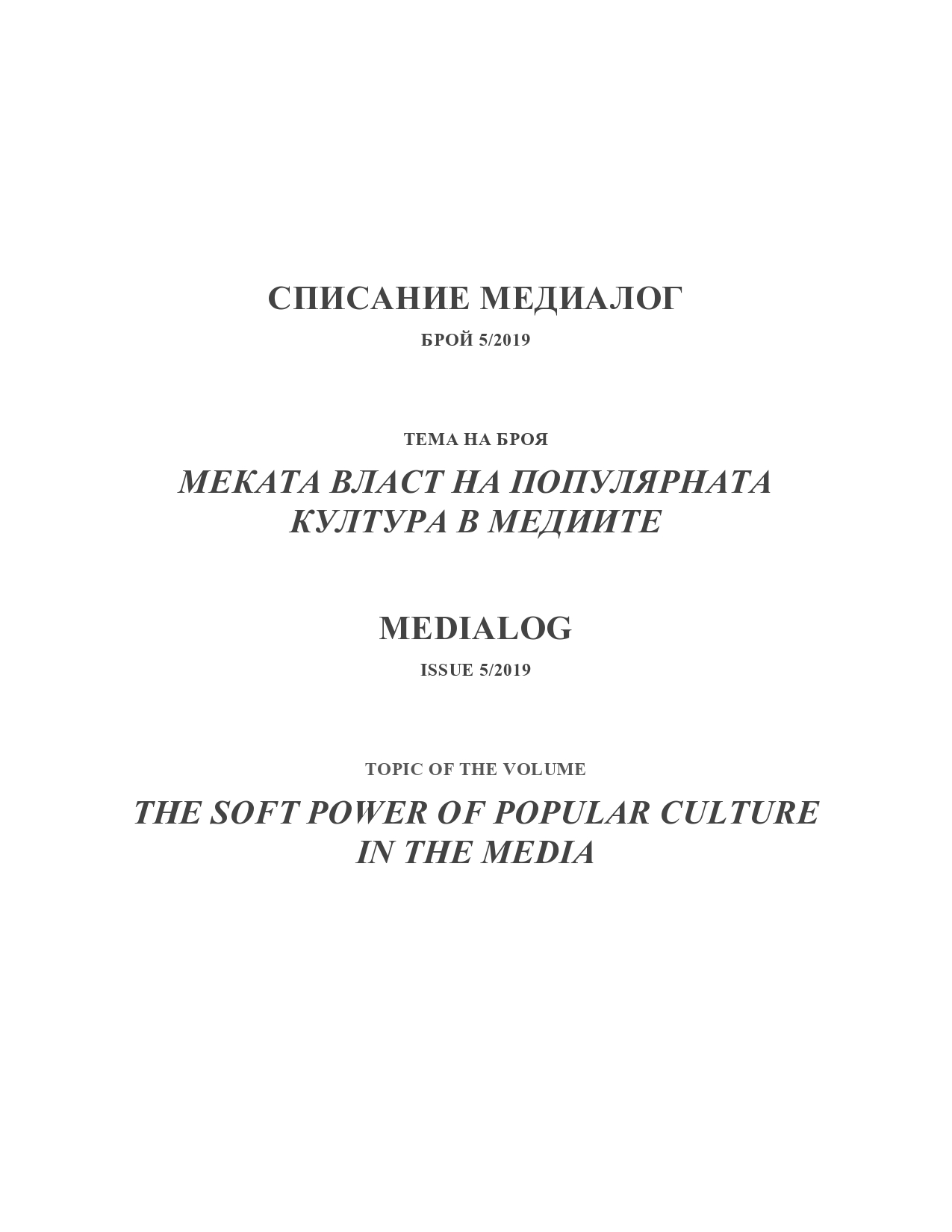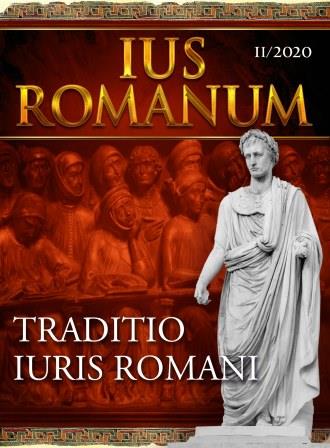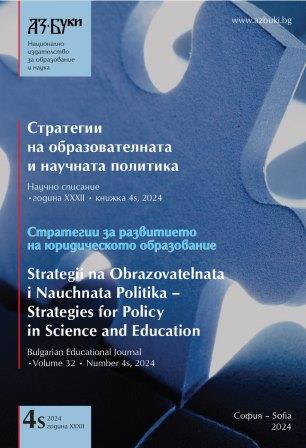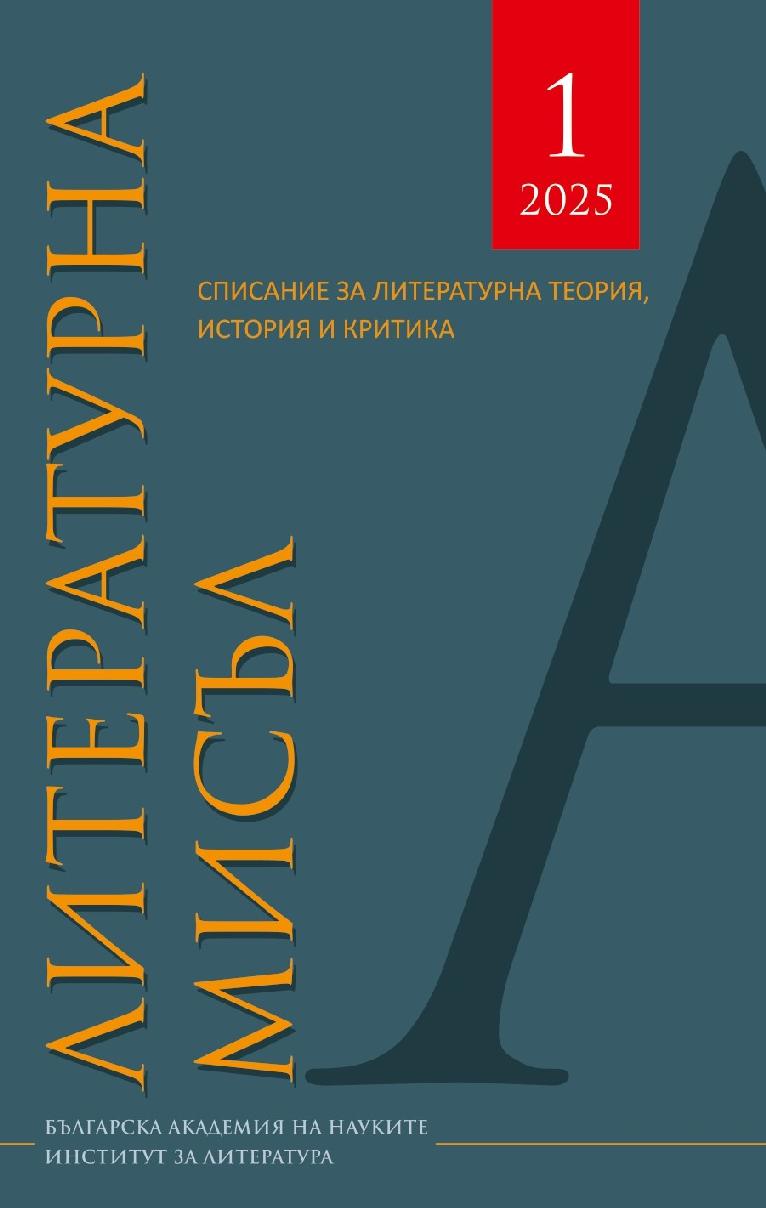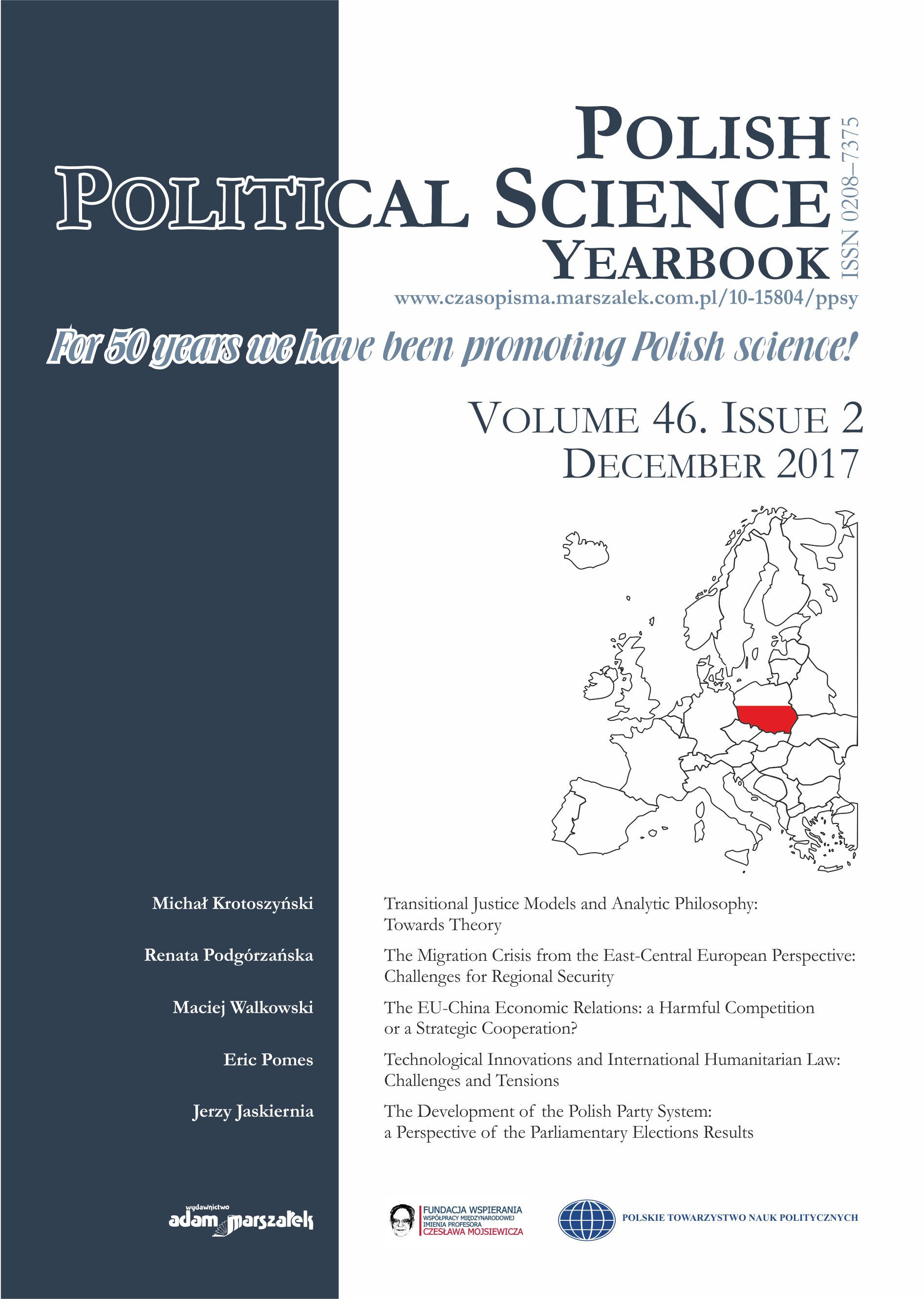
Transitional Justice Models and Analytic Philosophy
As an interdisciplinary field of scholarship, transitional justice is still in its pre-theoretical stage, focusing mainly on the case and comparative studies, supported by general considerations concerning justice in the times of transition. To entrench the field as a distinct area of studies, a theory of transitional justice needs to be formulated. The article explores the possibility of making a step towards such a theoretical basis with the use of the tools of analytical philosophy, methodology and legal theory. First, drawing on Leszek Nowak’s procedure of idealisation, three basic models of responses to a painful past are formulated. Then, distinct transitional justice values are attributed to each of the models. Finally, with the use of Jerzy Kmita’s concept of humanistic interpretation, the article seeks to conceptualize the way in which these values – among other factors, such as the need to uphold the rule of law or to preserve the stability of a democratic system – influence the choice of a model of transitional justice response. Thus, the aim of the presented models – which I described in more detail elsewhere (Krotoszyński 2017) – is to provide a sound theoretical basis for some of the fundamental claims formulated in the field of transitional justice.
More...
